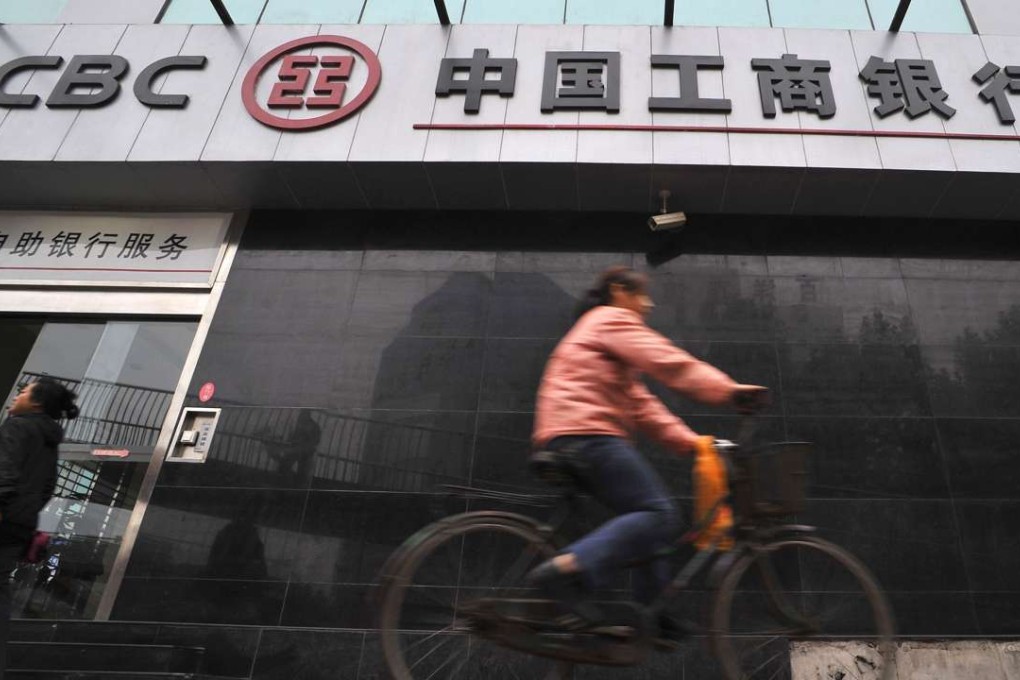Overseas assets at China’s big five banks close to 10 trillion yuan, but they are still playing catch up

China’s “big five” banks are close to seeing their total overseas assets reach 10 trillion yuan for the first time, but a new study finds that their “performance gap” with foreign global peers is still wide.
As the mainland lenders see their international influence grow and continue to expand their presence along the Belt and Road countries, Renmin University and PwC have jointly warned that the incremental increase in the banks’ levels of internationalisation may be slowing.
“It’s become very important for the banks to be clear on where they stand in their development as they take advantage of the opportunities. They need to learn from international players’ experience and rationalise their footprints and fill out their strategies,” Renmin’s International Monetary Institute and PwC said in an upcoming joint report that will benchmark mainland banks’ level of internationalisation against global peers.
A Chinese Bank Internationalisation Index developed by PwC and Renmin uses various metrics to gauge the banks’ international performance. One finding was that while the big international banks on average derive about 60 per cent of their operating profits from outside their home market, China’s big five are currently bringing in an average of just 8 per cent internationally.
Against the world’s top five highest scoring banks, which achieved on average an index score of 73.6 per cent, the researchers said the big five have managed an average of only 8.9 per cent on the internationalisation score.
Even Bank of China, the most international of all the mainland banks, managed a score of only 21.57 per cent, versus Standard Chartered and HSBC’s 88.8 and 62.6 per cent respectively. The stark difference is evident even as both international lenders have been aggressively cutting back on their global footprints.
“China’s banks still face a long way to go in their internationalisation developments. They should prioritise understanding of the gaps in their strength, learn from international experience and minimise their tactical mistakes,” the report said.